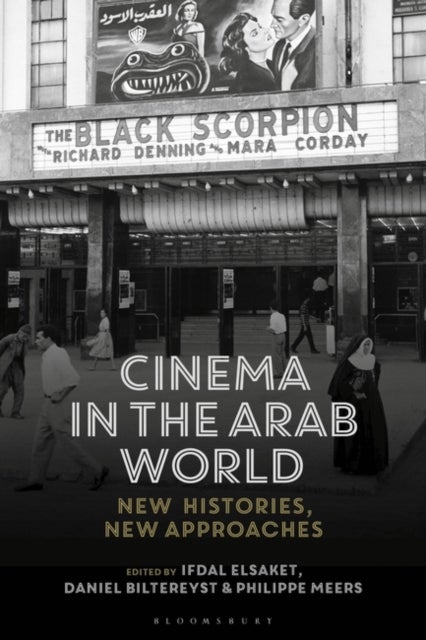
Cinema in the Arab World
1099,-
Cinema in the Arab world has been the subject of varied and rigorous studies, but most have focused on films as text, providing in-depth analyses of plot, style, ideologies, or examination of the biographies of prominent directors or actors. This innovative new volume shifts the focus on Arab cinema off-screen, to examine the histories, politics, and conditions of distribution, exhibition, and cinema-going in the Arab world. Through broadening the frame of study beyond the screen, the book widens understanding of the cinema, not merely as a collection of films-as-texts, but as a site of cultural and political contestation in the Arab world. Divided into two sections, and guided by interdisciplinary considerations, the contributors examine historical and contemporary issues of Arab cinema in terms of the experience of movie-going and filmmaking. They examine the networks of distribution and exhibition, as well as the contested and multiple meanings that the cinema embodied through diver








